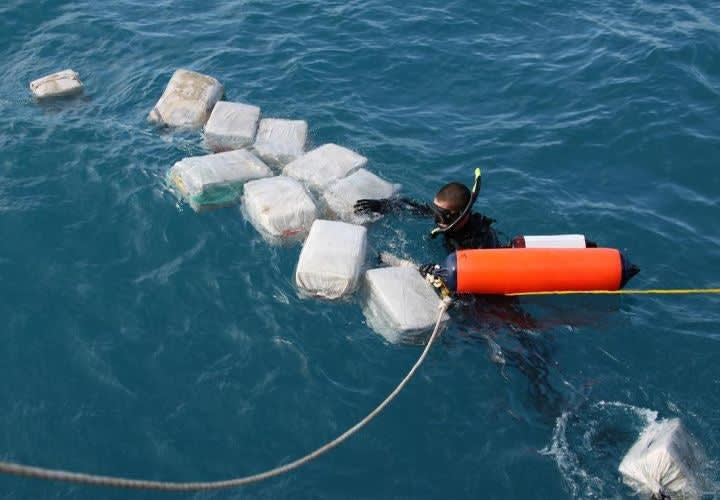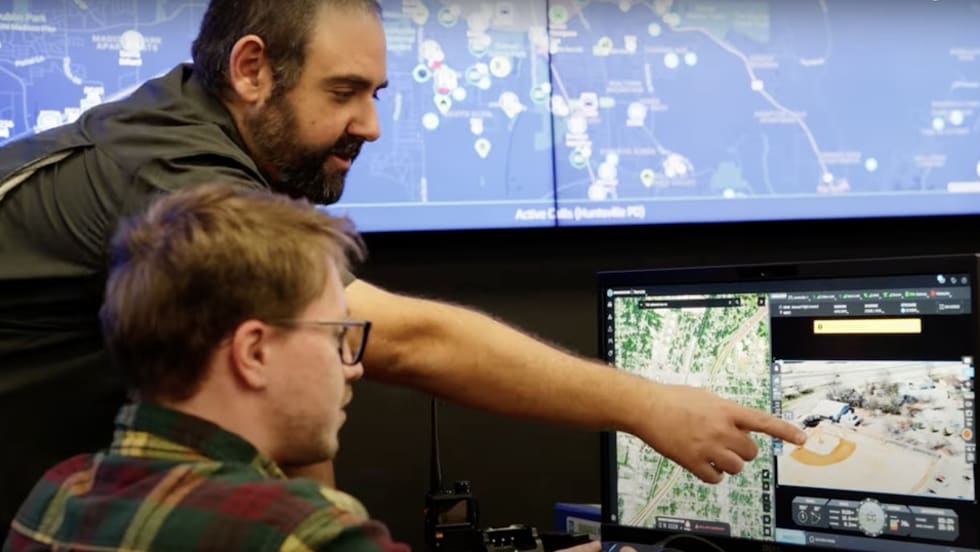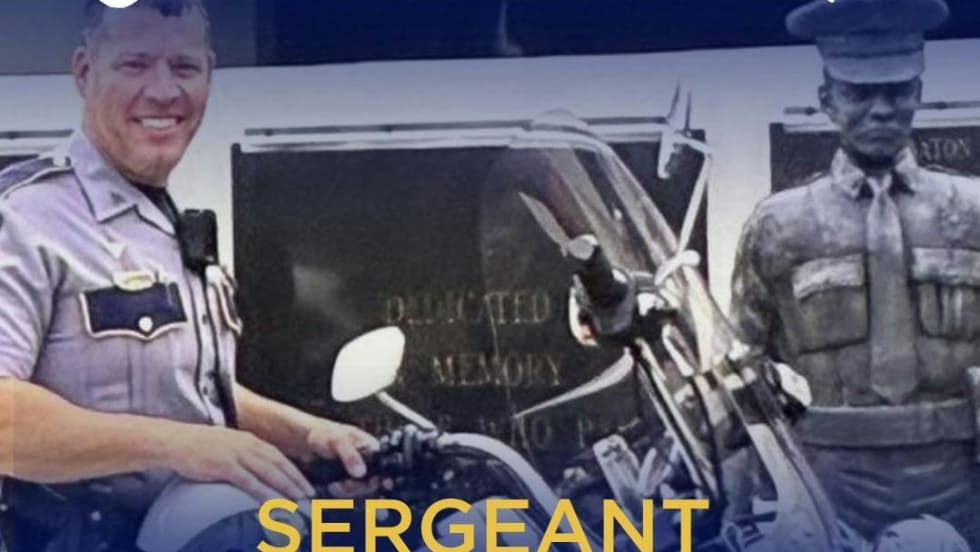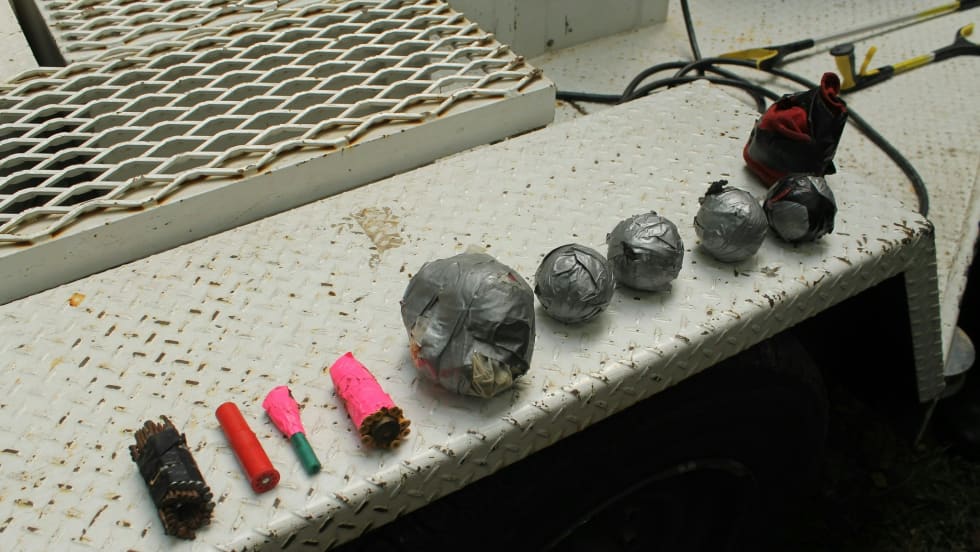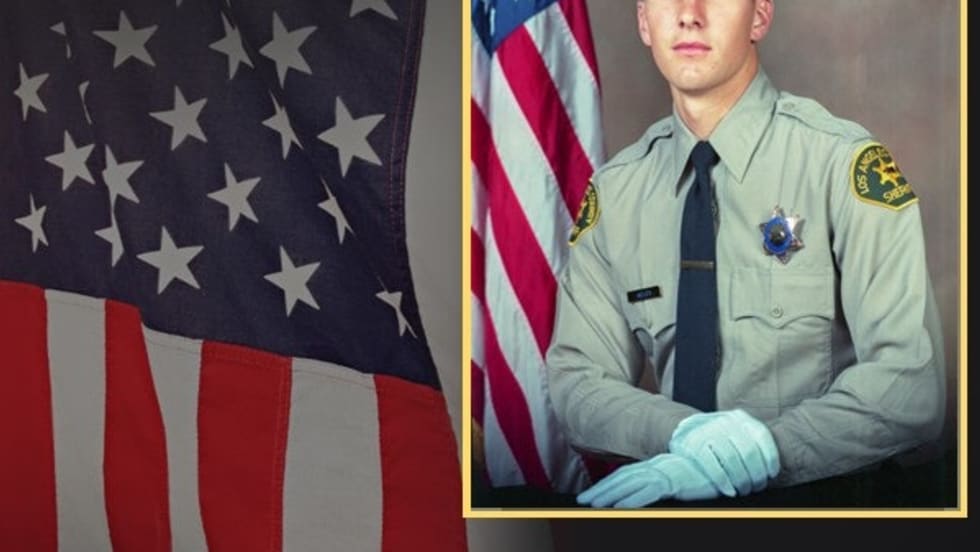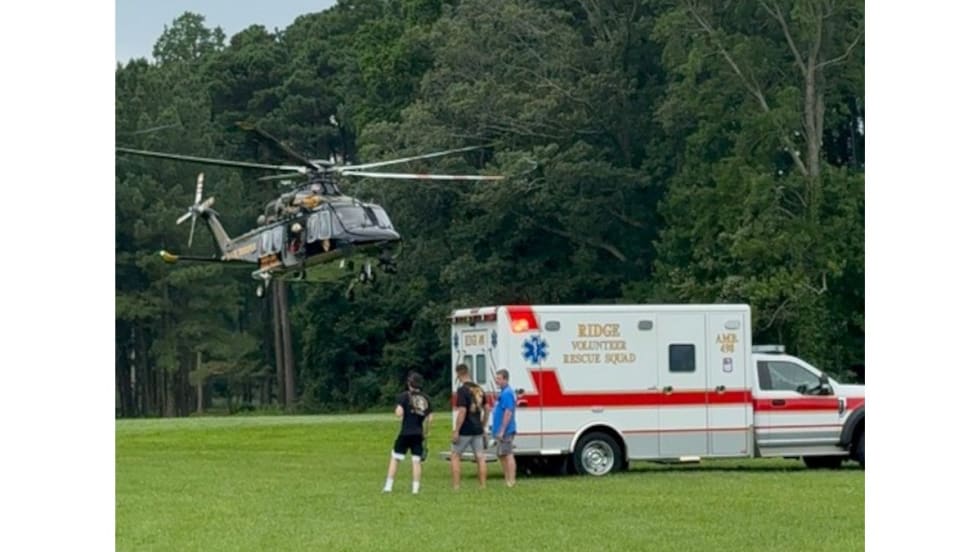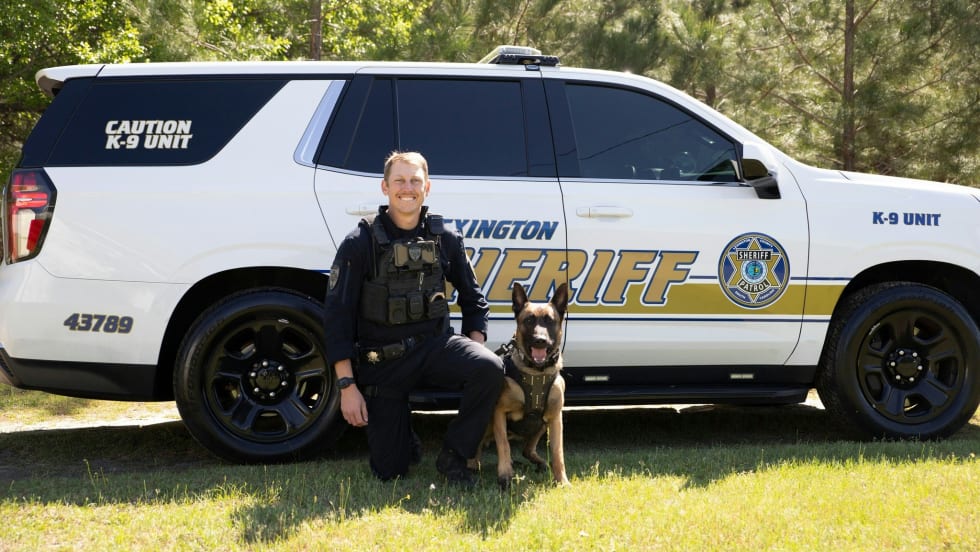The U.S. Coast Guard and FBI intercepted a semi-submersible craft in the western Caribbean and seized $180 million worth of cocaine heading for the United States, the agency announced Monday.
The joint operation involved the Coast Guard cutter Seneca, a U.S. Customs and Border Protection C-130 fixed-wing plane, the FBI's dive team and the Honduran Navy.
The drug-smuggling semi-submersible vessel (SPSS) was seized July 13, according to a release. The operation began when the crew of the C-130 spotted a suspicious vessel and notified U.S. CBP.
The vessel sank during the interdiction. However, the vessel was eventually located by the crew of the Coast Guard cutter Oak on July 26 using side-sonar equipment. The FBI Laboratory's Technical Dive Team then recovered nearly 15,000 pounds of contraband worth an estimated street value of $180 million from the sunken vessel.
"Working on a buoy deck is dangerous enough; but this unique mission involved blending dive operations, boat operations, and deck operations at the same time," said Lt. Cmdr. Peter Niles, Oak's commanding officer. "The equipment the FBI brought to the Oak and their dive teams were essential to locate the SPSS and recover its cargo."
Built in the FARC-controlled jungles of Colombia, the typical SPSS is less than 100 feet in length, requires five crewmembers, and carries up to 10 metric tons of illicit cargo for distances up to 5,000 miles. The five crew members were arrested, after they scuttled the vessel, reports the Miami Herald.
Drug traffickers design SPSS to rapidly sink when they detect law enforcement thereby making contraband recovery difficult. These vessels are responsible for the movement of nearly one-third of all cocaine in the transit zone.
"Medium-endurance cutters like the Seneca are built for sustained offshore patrols and helicopter and pursuit boat operations such as this," said Rear Adm. William Baumgartner, commander of the Seventh Coast Guard District in Miami. "They provide a key capability for the nation's homeland security operations at sea and allow us to fight the threats to our homeland security before they arrive at our doorstep."
By Paul Clinton


